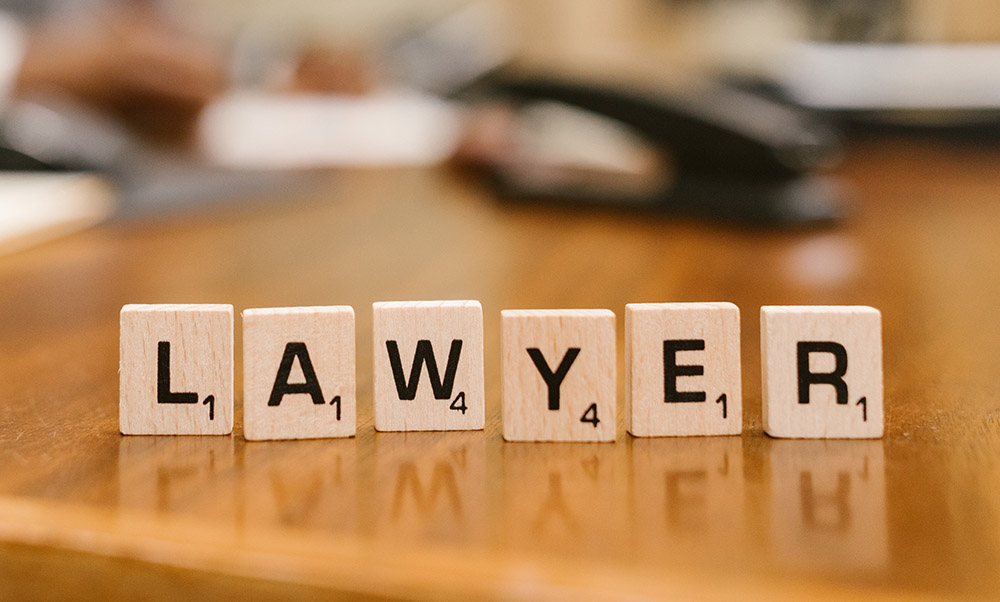
How can I transfer my case from one state court to another state court in India?
How can I transfer my case from one state court to another state court in India?
Transferring a case from one state court to another state court in India is a more complex process than transferring a case within the same state. This is because the transfer involves inter-state jurisdiction and requires the intervention of the Supreme Court of India.
Power of the Supreme Court
The Supreme Court of India has the exclusive power to transfer civil cases from one state court to another under Article 134(1)(a) of the Constitution of India. This power is exercised to ensure fair and impartial adjudication of disputes, particularly when there are exceptional circumstances that warrant a transfer.
Grounds for Transfer
The Supreme Court will only order the transfer of a case from one state court to another under exceptional circumstances. These circumstances may include:
- Reasonable apprehension of a fair trial: If there is a genuine and well-founded fear that the parties cannot get a fair trial in the current state court due to local prejudice, bias, or other factors, the Supreme Court may transfer the case to a neutral court in another state.
- Convenience of witnesses: If a significant number of witnesses reside in a different state, transferring the case there may facilitate their attendance and testimony, saving time and expense.
- Interest of justice: In general, if the Supreme Court determines that transferring the case would be in the overall interest of justice, considering all the relevant circumstances, it may order the transfer.
Procedure for Transfer
The procedure for transferring a case from one state court to another involves filing a transfer petition with the Supreme Court. The transfer petition should be filed by the party seeking the transfer, typically the plaintiff or the defendant.
Contents of the Transfer Petition
The transfer petition should clearly state the grounds for seeking the transfer, including a detailed explanation of the exceptional circumstances that warrant the intervention of the Supreme Court. The petition should also include supporting evidence, such as affidavits from witnesses, newspaper reports, or any other relevant documents.
Hearing and Order
Once the transfer petition is filed, the Supreme Court will issue notice to the other party or parties in the case. The notice will inform them of the petition and give them an opportunity to file their objections or responses.
The Supreme Court will then conduct a hearing to consider the transfer petition. The court will hear arguments from the parties and examine the evidence submitted. Based on the arguments and evidence, the court will decide whether to grant or deny the petition.
If the Supreme Court decides to grant the transfer, it will pass an order directing the transfer of the case to the specified state court. The order will also specify the procedure for transferring the records of the case.
Additional Considerations
In addition to the above, the following factors may be considered when determining whether to transfer a case from one state court to another:
- The stage of the proceedings: Transferring a case at an advanced stage may cause delays and disrupt the orderly progress of the case.
- The availability of courts in the proposed state: The Supreme Court should ensure that the proposed state court has the capacity and resources to handle the case effectively.
- The financial burden on the parties: Transferring a case may involve additional costs for the parties, which the Supreme Court may consider.
It is important to consult with a legal professional with expertise in inter-state transfers to assess the specific circumstances of your case and determine the most appropriate course of action. A lawyer can assist you in preparing the transfer petition, presenting your arguments, and navigating the legal process effectively.
Adcocate J.S. Rohilla (Civil & Criminal Lawyer in Indore)
Contact: 88271 22304
